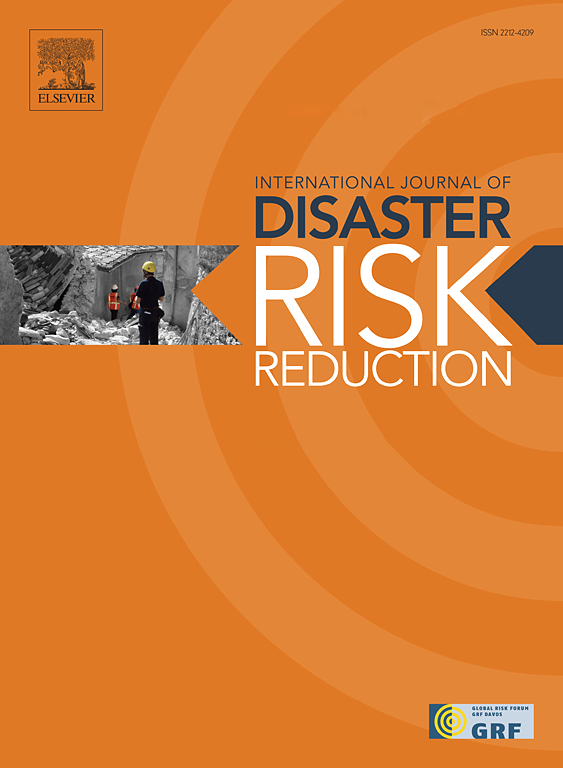Published online: 28 Jun 2022
Authors: Dil B. Khatri, Andrea J. Nightingale, Hemant Ojha, Gyanu Maskey & Pema
Norbu Lama ‘Tsumpa’
Available at: https://doi.org/10.1080/14693062.2022.2090891
ABSTRACT
Nepal’s transition to federalism in 2015 involved a significant redistribution of authority across three levels of government, with a greater level of autonomy granted to provincial and local levels. We examine multi-scale climate policy and politics in Nepal, focusing on three elements that are important for policy development and implementation: (a) the authority to make decisions; (b) the knowledge and expertise to develop and implement policies; and (c) the ability to access and mobilize resources, primarily external funding, by government bodies at different levels. Our findings show that the newly decentralized local governments are constrained in their ability to develop and implement climate change-related policies and practical responses by a mismatch between the authority granted to them and existing institutional capabilities. These governmental bodies have limited opportunities to develop, access and mobilize knowledge of climate and development and financial resources, which are needed to put new policies into action. Based on this analysis, we argue that decentralization of governmental authority is not likely to produce effective climate policy outcomes if this mismatch remains unaddressed.







